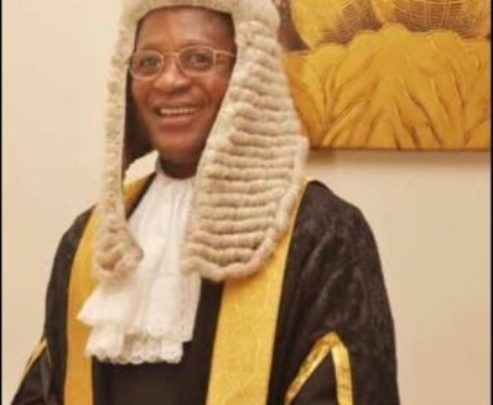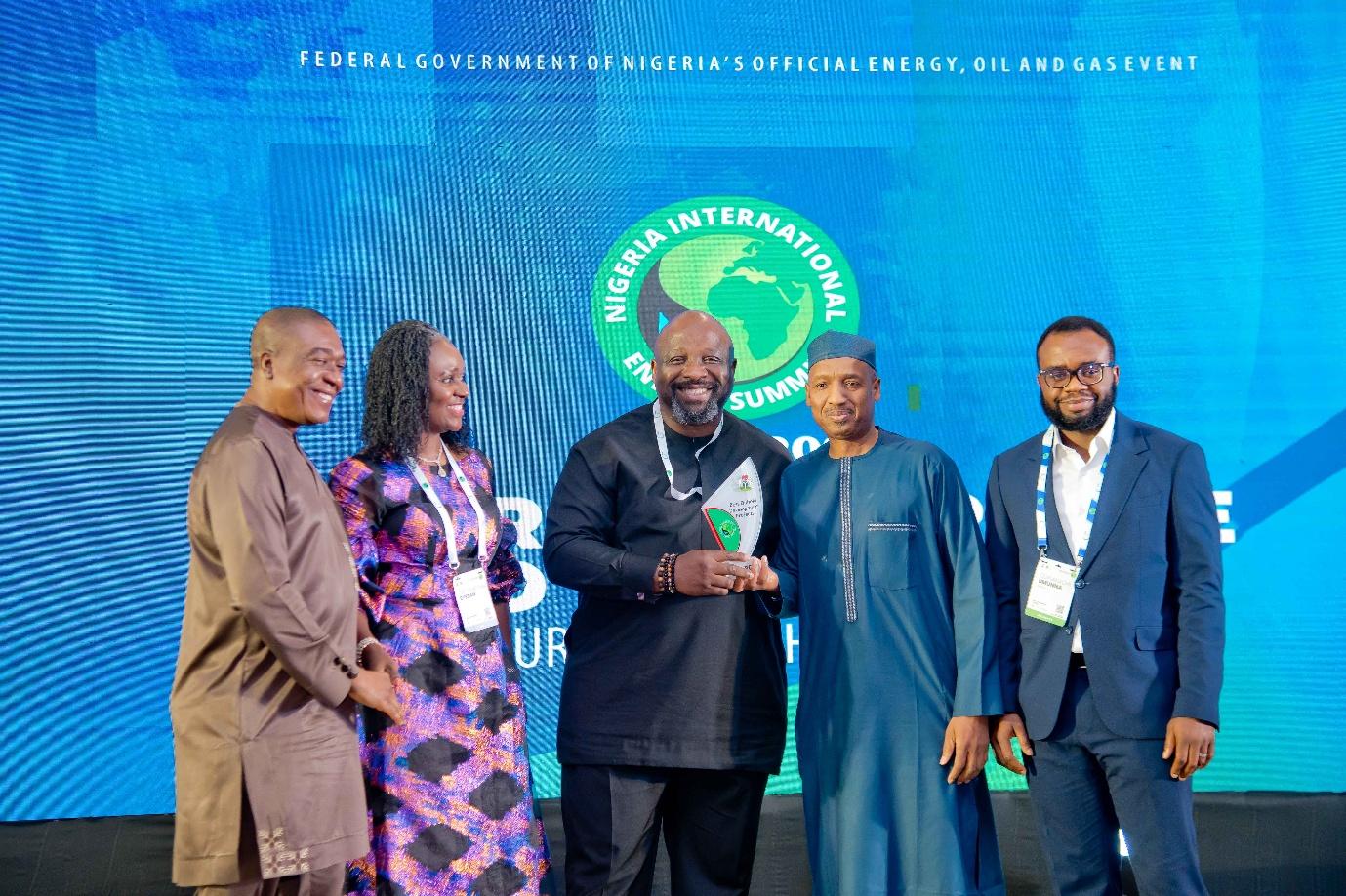LAGOS MARCH 1ST (NEWSRANGERS)-A senior advocate of Nigeria, Emeka Ozoani (SAN) on Tuesday evening, said a candidate cannot legally and constitutionally be declared the winner of the presidential Election if he or she fails to win the Federal Capital Territory (FCT).
“Any presidential candidate who did not win Federal Capital Territory, Abuja, cannot legally and constitutionally be declared the winner of the presidential Election. The only available path to INEC is to call for a fresh nomination.
“Section 133(b), last paragraph of the 1999 constitution of the Federal Republic of Nigeria, as amended attests to this,” the SAN said.
A critical analysis of Section 133(b) of the 1999 Constitution as amended on the declaration of a winner in a presidential election said “the only interpretation to be founded on Section 133 (b) of the 1999 constitution of the Federal Republic of Nigeria, as amended is to the effect that for a candidate to be qualified to the office of the president, ‘he has not less than one-quarter of the votes cast at the election in each of at least two-thirds of all states in the Federation and the Federal Capital Territory, Abuja but where the only candidates fail to be elected in accordance with this section, then there shall be fresh nominations’.
“The interpretation of and is in issue. We submit that the word, ‘AND’ means ‘Conj’, ‘in addition’, ‘together with’, ‘plus’. See Webster’s Universal Dictionary and thesaurus, Bedded and Grosset, P. 31. Also, ‘AND’ means, ‘generally, a cumulative sense, requiring the fulfillment of all the conditions that it joins together and herein, it is the antithesis of ‘OR’. See Stroud’s judicial dictionary of words and phrases, Seventh edition, VOL. 1, Daniel Greenberg, London Sweet and Maxwell, 2006, P 128
“In BUHARI V INEC, (2008) 19 NWLR (PT 1120) P, 246 at 368, paras A-D, the Supreme court, In interpreting section 146 of the Electoral Act, 2006 held that the word ‘AND’ is CONJUCTIVE and not DISJUNCTIVE like ‘OR’. See also NDOMA-EGBA v CHUKWUOGOR (2004) 6 NWLR (PT 969)382.
“Further, the word ‘AND’ in SECTION 135(1) OF THE ELECTORAL ACT, 2002, the Court of Appeal, per Salami, J.C.A (as he then was) in YUSUF v OBASANJO (2005) 18 NWLR (PT. 956) 96 AT 178 held that the word ‘AND’ should be read CONJUNCTIVELY and not DISJUNCTIVELY. See also, SASEGBON’S JUDICIAL DICTIONARY OF NIGERIAN LAW. VOL. 1, P. 309. The Federal Capital Territory Abuja is one of the states of the Federation by Section 299 of the 1999 Constitution, as amended.
“Therein, it is stated,’ the provisions of this constitution shall apply to the Federal Capital Territory, Abuja as if it were one of the states of the Federation and accordingly…’ In BABA-PANYA V PRESIDENT, FEDERAL REPUBLIC of NIGERIA (2018) 15 NWLR (pt 1643) 395, the court of appeal, per Akomolafe- Wilson, J.C.A, held that ‘by virtue of Section 299 of the Constitution of the Federal Republic of Nigeria, 1999 as amended, the Federal Capital Territory, Abuja, IS A STATE.
“Also, in OKOYODE v F.C.D.A., (2005) VOL. 27 WRN, P. 97, the Court of Appeal, per ALAGOA, J.C.A at p. 149, lines 40- 45, held inter alia, ‘Section 299 of the constitution of the Federal Republic of Nigeria 1999 as amended, has clear and unambiguous provisions to the effect that the Federal Capital Territory, ABUJA IS IN LAW A STATE,” Ozoani added.
Tribune










